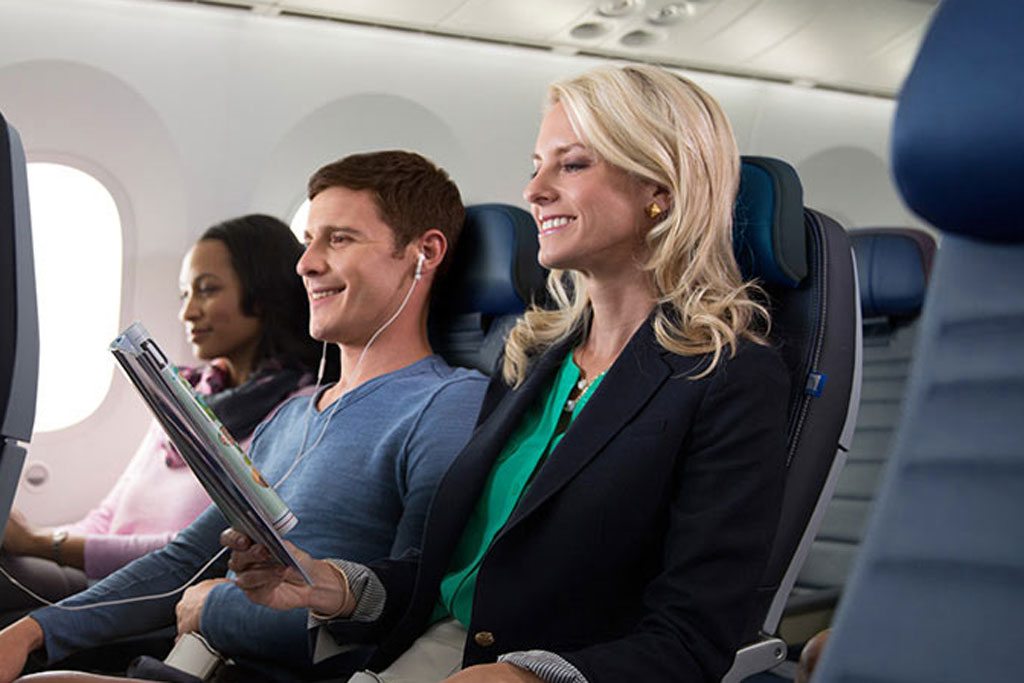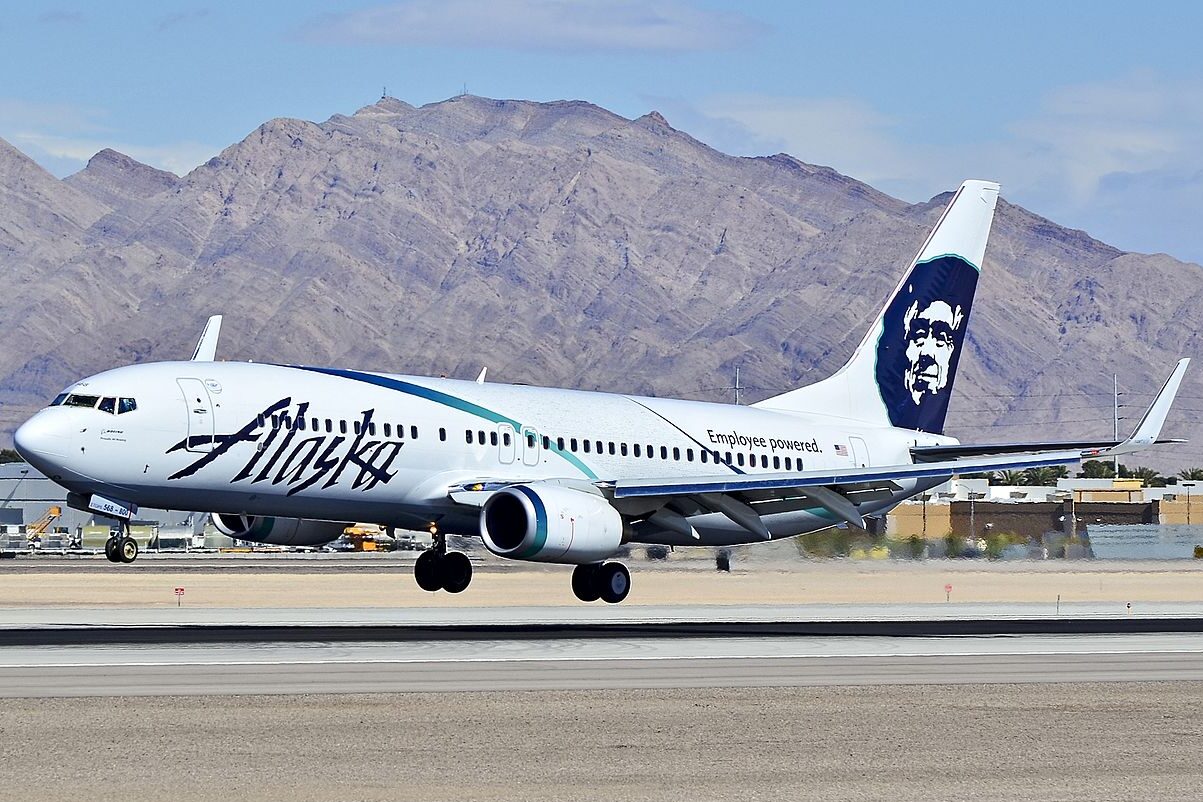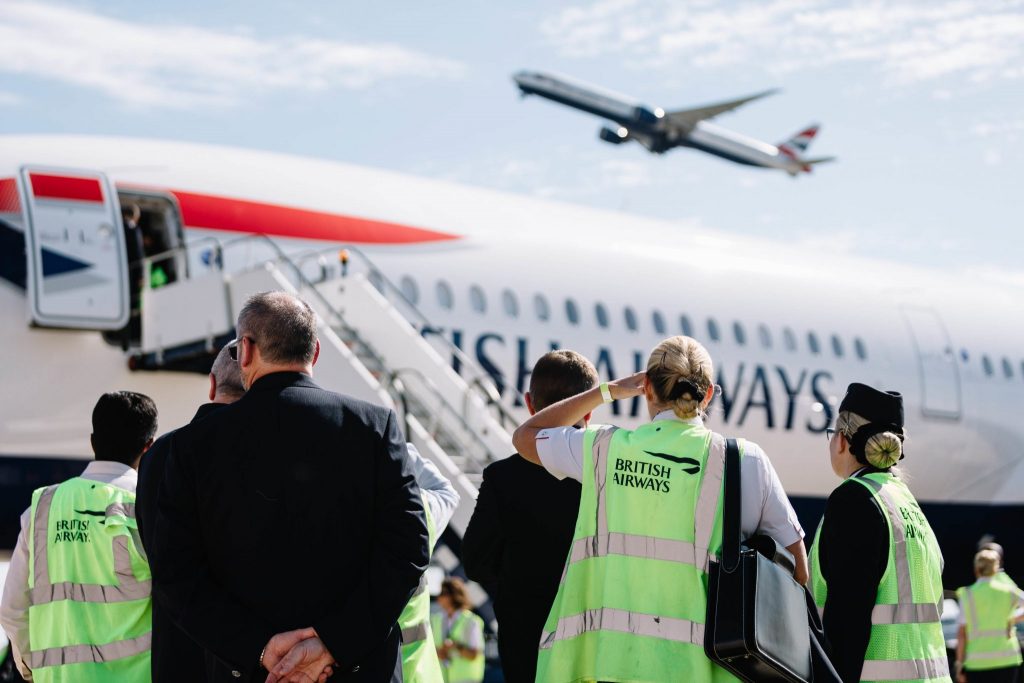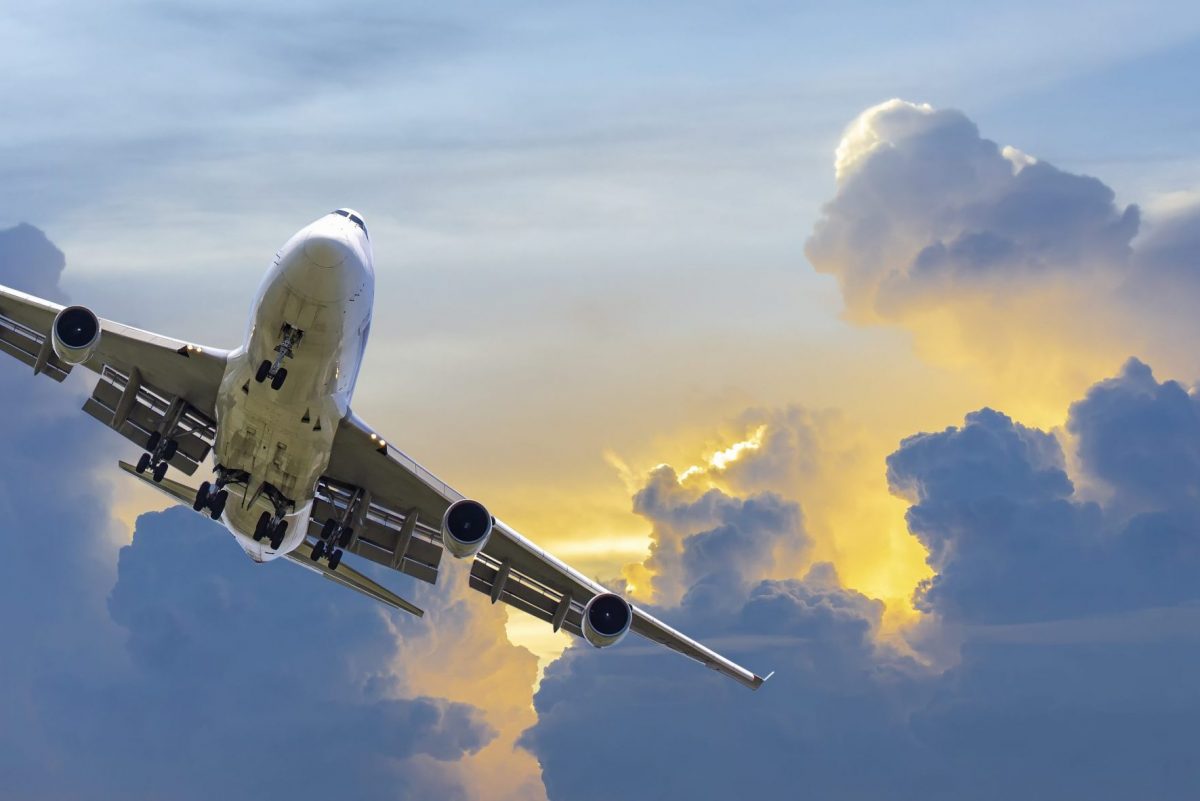United Backtracks on Basic Economy Fares as American Expands Them

Skift Take
The rise of basic economy seats suffered a setback last week as United Airlines, one of the strongest proponents of the no-frills fares, revealed plans to wind back its offerings.
Basic economy fares, which were fully adopted by all three U.S. legacy carriers earlier this year, effectively offer a slimmed-down version of standard economy fares with limited perks. For $10 to $20 less than a standard economy fare, the basic economy tickets remove perks like seat selection and upgrade rights — but in theory, they also better-compete with offerings from the likes of Spirit and Frontier airlines.
Originally, Delta Air Lines started offering the fares en masse in 2015, but in 2017, United's rollout was the most widespread and aggressive. Among controversial elements of the fares, United took the extra step of removing the right to use overhead bin space from basic economy passengers, a move that particularly roiled customers.
Throughout the global basic economy rollout, the fares also picked up plenty of criticism from the media and consumer groups, many of which claim that the fares are effectively a price hike in disguise.
Others saw the fares as confusing. The Points Guy pointed out that because of the complicated pricing algorithms used in calculating the fares, basic economy tickets were sometimes more expensive than standard fares, although United has reportedly fixed any issues where this problem occurs.
Earlier this week, Skift's Brian Sumers reported that United's "aggressive" basic economy plan may have gone too far and led to passengers defect to other carriers that price-matched United's fares -- without the basic economy stipulations.
Because of the revenue loss from that competition and continued passenger dissatisfaction, United is now refining its approach to the fares. According to Edward Russell, airline and finance editor at FlightGlobal, United plans to scale back basic economy to only a subset of its fare classes on a portion of its domestic network, releasing more routes to traditional pricing.
Ironically, United's move comes at a point when American Airlines, its chief rival in the basic economy space, is winding up the fares. According to the Washington Post, after a period of careful growth, American now plans to expand its basic economy fares to a wider selection of flights, potentially including international routes.
As American's basic economy product continues to grow, it may see some of the same challenges that United did. If it can learn from its rival's mistakes, however, American may soon be the leader in domestic and international basic economy fares.




